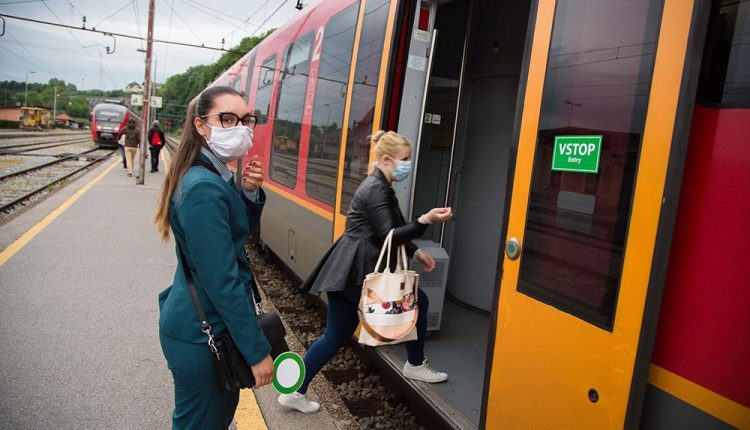Slovenia announced late on Thursday an official end to its coronavirus epidemic, becoming the first European country to do so, after the government confirmed less than seven new infections each day for the past two weeks.
People now arriving in Slovenia from other European Union states will no longer be required to go into a quarantine for at least seven days as was the case as of early April, the Slovenian government said in a statement.
To date, Slovenia of 2 million people, which borders Italy, Austria, Hungary and Croatia, has reported 1,464 coronavirus cases and 103 deaths. It declared it an epidemic on March 12.
“Slovenia has tamed the epidemic over the past two months… Today Slovenia has the best epidemiologic picture in Europe,” the country’s Prime Minister Janez Jansa told parliament earlier on Thursday.
The end of epidemic means some measures, involving financial aid to citizens and companies hit by the coronavirus, shall expire at the end of May.
The government said foreign citizens who show signs of coronavirus symptoms will still not be allowed to enter the country.
A quarantine of at least 14 days will still put in place for people from non-EU states, except for some exemptions including diplomats and people transporting cargo.
Citizens are still required to follow basic rules to prevent a possible spread of infection, the government stated without elaborating.
People in Slovenia have been required to wear face masks in indoor public spaces, stand at least 1.5 metres (5 feet) apart and disinfect hands upon entering public spaces.
Since mid-March, the country has shuttered all schools, sports and cultural institutions, bars, restaurants, hotels, and shops apart from food and drug stores, while cancelling public transport.
Since April 20, the Slovenian government has started easing the lockdown. Public transport resumed earlier this week while next week some pupils are set to return to schools. All bars and restaurants as well as small hotels with up to 30 rooms will be enabled to open next week.


